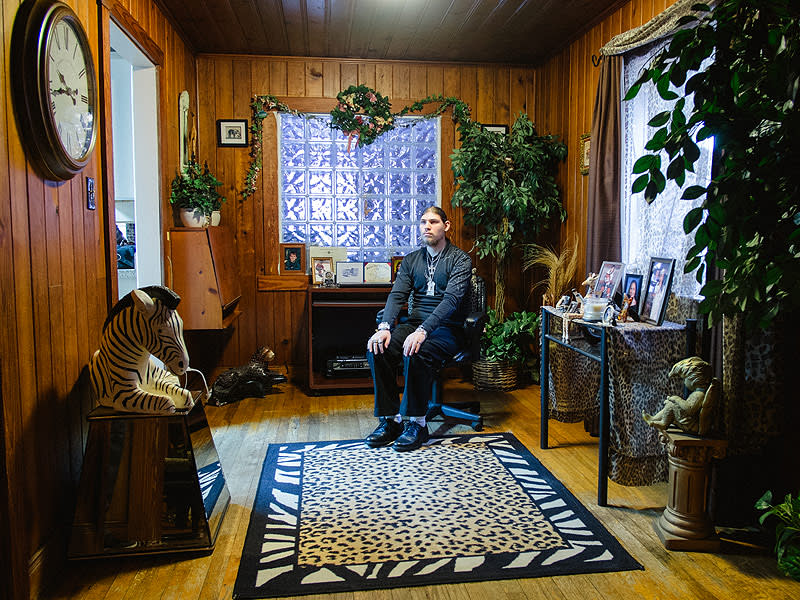Florida Teen with Microcephaly Meets with Gov. Rick Scott to Talk Zika Prevention
On Monday, the Florida Department of Health announced that there are a total of 30 locally transmitted Zika cases in the state – a rising number that has doubled over the last 11 days.
Gov. Rick Scott, who has been meeting with concerned citizens and local and federal politicians over the past few weeks to discuss Zika funding and longterm solutions, disclosed that extra staff and mosquito traps are being sent to Miami-Dade County where health officials believe the active transmissions are occurring.
There is no known vaccine or medicine for Zika, and it can cause a birth defect called microcephaly that results in abnormal brain development.
"I'm going to do everything I can to keep the people in my state and the people who are going to visit here this year safe," Governor Scott tells PEOPLE. "I’m going to be very transparent with them and let them know exactly what we're doing so they know they're safe."
He adds, "What I'm focused on every day is making sure we coordinate our activities and if we have an issue, asking the right questions: 'How do we address it, how do we make sure everyone is comfortable?' "
On August 1, the governor met with Daryle Koltay – a 19-year-old who was diagnosed with microcephaly at birth – at Pinellas Park Gateway Chamber of Commerce in Pinellas Park, Florida.
"My job has been to educate people, so it's helpful to have an individual with microcephaly willing to step out and talk about it," Scott said of meeting with Koltay. "He's dealt with microcephaly for his whole life and he's trying to educate others about the defect."
When Daryle was born, his head measured only 12 inches around – well below average according to the CDC Data Table of Infant Head Circumference Chart – and his parents, Lisa and Pat, were told he would live a "difficult and painful life with microcephaly."
Today, Daryle cognitively functions on a first-grade level. He cannot read, write, dress himself and often has trouble speaking. Lisa Koltay tells PEOPLE her son "can't express himself or show true emotion."
He requires 24-hour care and becomes disorientated easily – often falling over and losing balance.
It's unclear whether Lisa contracted Zika in her hometown of St. Petersburg, Florida, when she was pregnant with Daryle two decades ago (she was never tested for it), but Daryle's "everyday struggles with microcephaly" foreshadow what life may look like for the rising number of pregnant women with Zika and are therefore at risk of having babies with the condition.

"Daryle wants to let people know that it's very difficult having microcephaly and that sometimes he gets upset that he is unable to live on his own and do the things other people do," explains Lisa. "That's why he met with the governor, to explain the effects Zika and microcephaly can have on someone."
"As a parent to a child with microcephaly, it's not something to be taken lightly."
Daryle Koltay the microcephaly Spokesperson has a message: Zap Zika Prevent Microcephaly. #zika #cdc #Mosquitos pic.twitter.com/pV5HiVG2aA
â D*Swaggy*Bling (@DSwaggyBling) August 15, 2016
Scott hopes to work with Daryle, who has started a "Zap Zika" campaign on social media, in the future.
"They're getting the word out," Scott, who opts for long-sleeve shirts and long pants to combat the threat of mosquitos, says. "All of us have to do our part and put out standing water and wear repellent and make sure there are screens on windows. And Daryle is helping spread that message."

